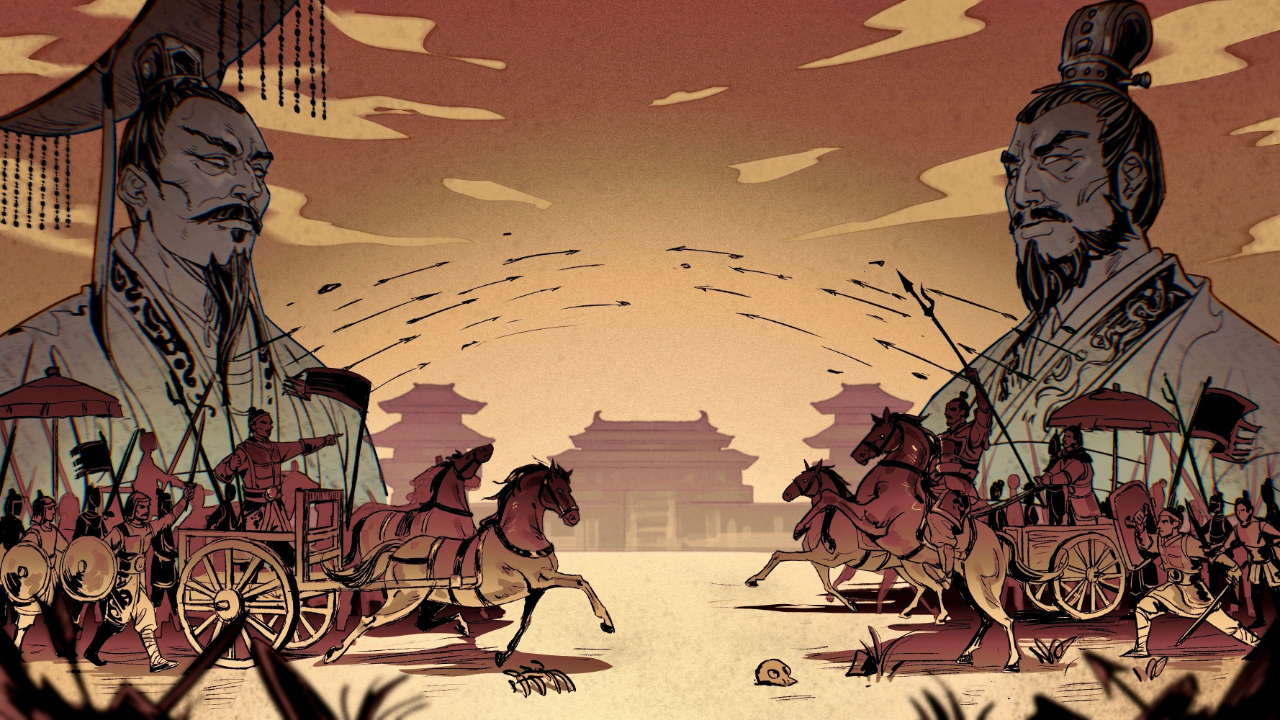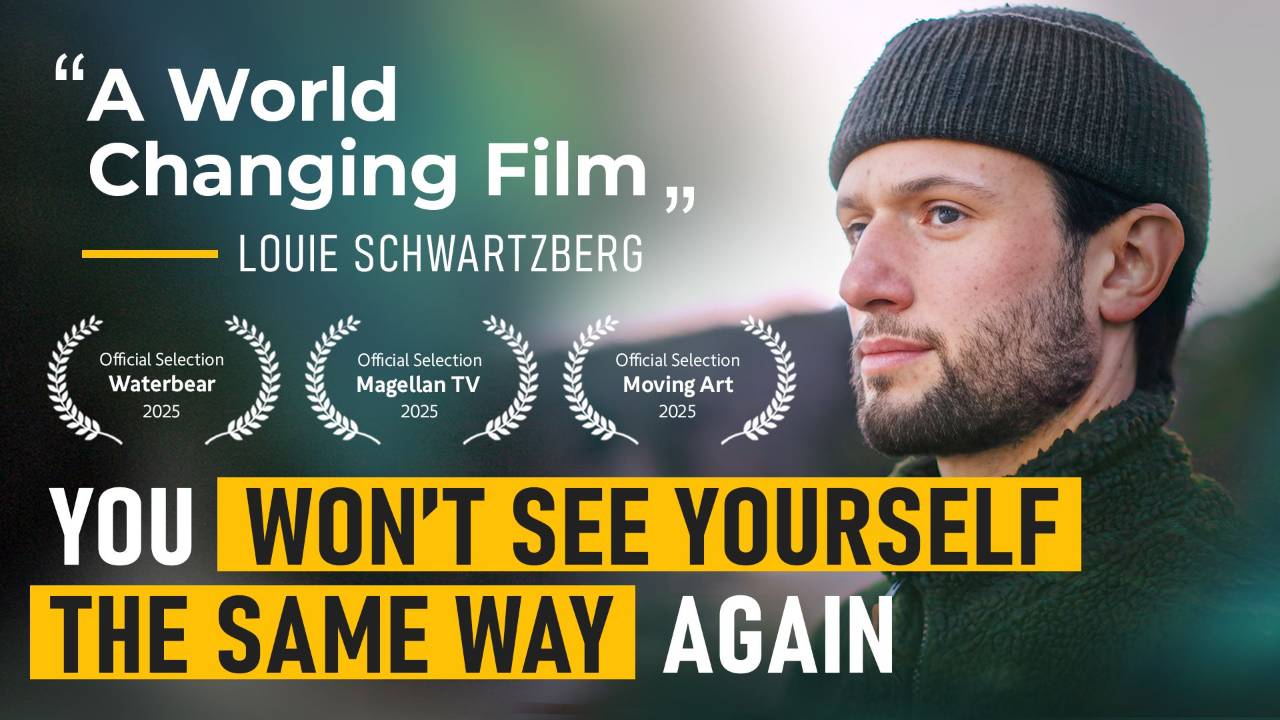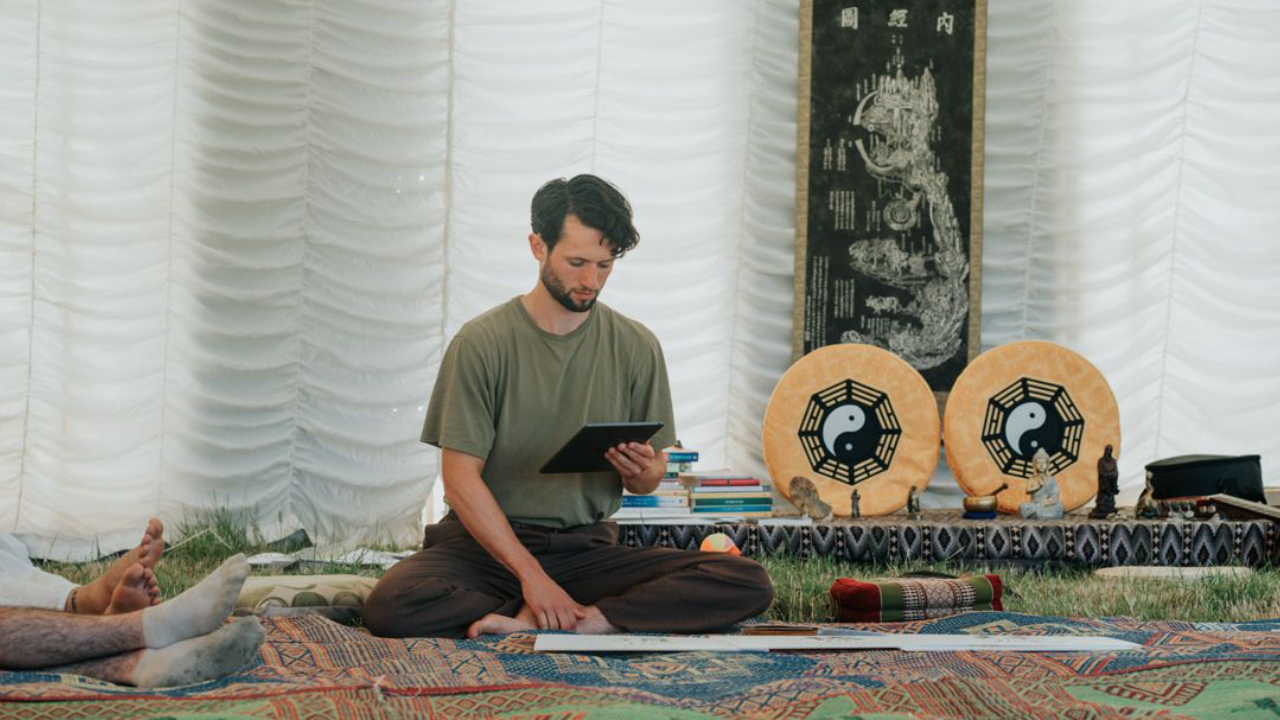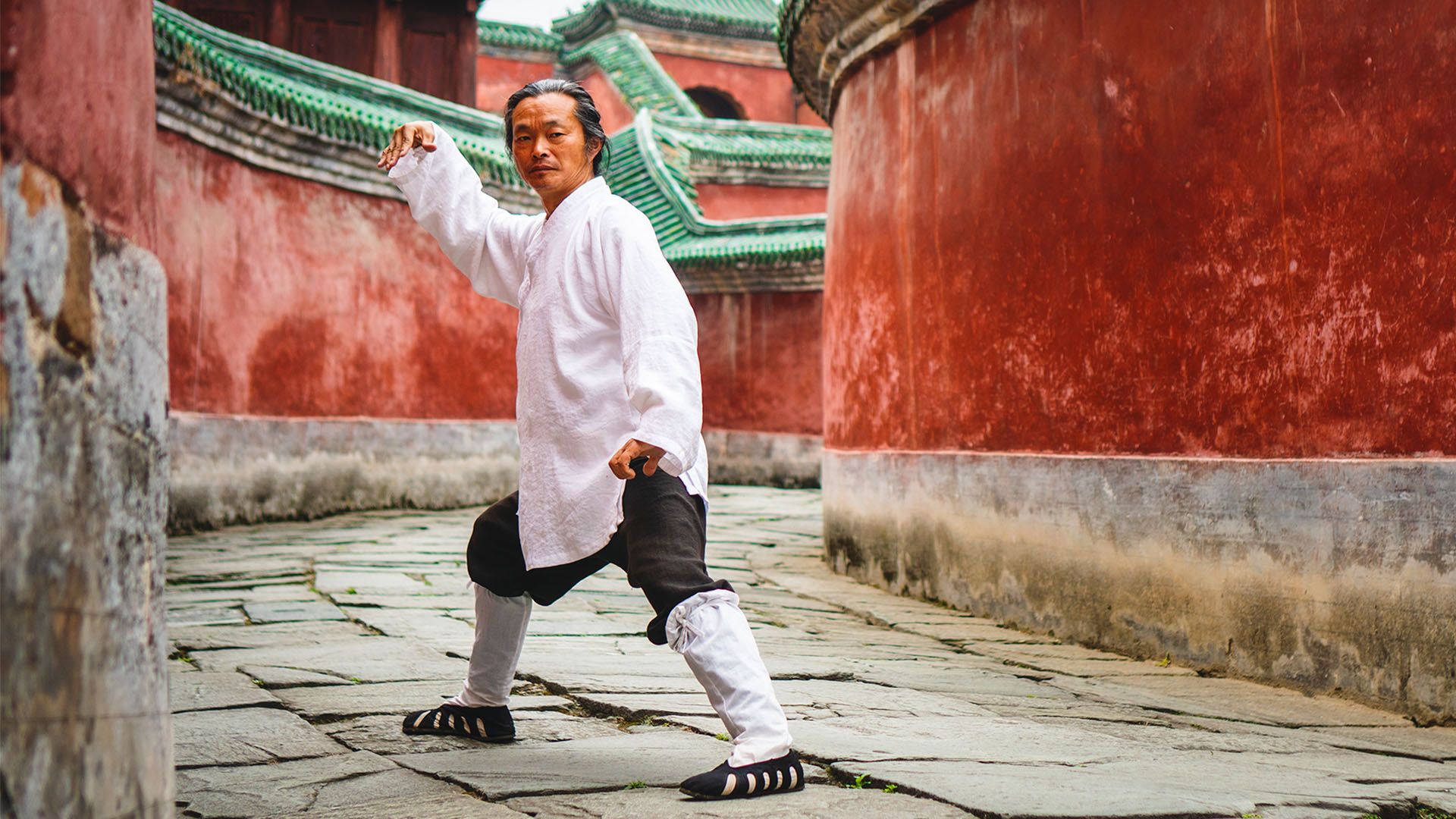Embracing Effortless Living: Journey to Wu-Wei with Taoism's Tranquil Wisdom
May 25, 2023
Constant striving and effort dominate modern life, leading to stress and burnout. Research shows that continuous hustle impacts mental and physical health. Ancient Chinese philosophy offers a solution through the concept of Wu Wei, or effortless action. Lao Tzu’s Taoism emphasizes harmony with nature and non-action, where actions arise naturally without force. This state of being, aligned with the natural flow, allows for a more balanced and peaceful life.
In this guide, principles like non-doing, embracing emptiness, and building self-trust will be explored. By adopting these practices, effortless living and inner tranquility can be achieved. This article provides a complete guide to understanding and applying Taoism's wisdom to everyday life.
Ready to dip your toes into this fascinating journey? Let's navigate this path toward Wu-Wei together. Check out this video for the full story. - Click here!
I. Observing Nature's Wisdom: The Inspirational Source of Wu Wei
Taoism, promoted by Lao Tzu, emphasizes harmony and effortless action. Wu Wei, or non-doing, aligns with nature's rhythms. Ancient Chinese teachings show how observing nature's flow, like water, can guide our behavior. A serene lake, a blooming flower, or a bird's flight illustrate Taoism's principles. These natural elements embody non-action, revealing how to achieve harmony without forced effort.
Daoist philosophy, rooted in mindfulness, contrasts with the modern world's constant striving. Understanding this can inspire us to embrace inaction, reducing the fault of excessive control and fostering a balanced, effortless life.
II. Rediscovering Intuitive Intelligence: Trusting the Wisdom Within
Daoism teaches that true wisdom resides within us. Lao Tzu's Taoist philosophy encourages trusting our intuitive intelligence. By practicing mindfulness, we reconnect with our innate wisdom, effortlessly guiding our actions. Non-action, or inaction, doesn't imply laziness but a profound trust in life's natural flow. This ancient Chinese wisdom contrasts sharply with modern motivational tactics that often overlook inner guidance.
Embracing intuitive intelligence can transform our behavior, helping us achieve harmony. As we trust ourselves more, we realize that Tao, or the way, unfolds naturally, without forced effort, aligning us with the principles of Wu Wei.
Practices such as Meditation, Tai Chi, and engaging with nature help us cultivate trust in this intuitive guidance, allowing us to embrace life's unfolding with grace and wisdom.
III. Embracing Emptiness: Cultivating
Embracing emptiness, a core concept in Daoism, cultivates mindfulness and harmony. Lao Tzu's teachings emphasize the importance of non-action and stillness. By creating space for nothingness, one's true desires and motivations become clear. This state of Wu Wei allows life to unfold naturally, like water flowing effortlessly.
Taoist philosophy teaches that inaction can resolve crises and avoid unnecessary striving. Emptiness doesn't signify laziness; instead, it represents a mindful state where purposeful behavior aligns with the natural order. Embrace this emptiness to achieve harmony with nature and cultivate a deeper connection to the present moment.
IV. Building Self-Trust: Cultivating Resilience and Harmony
Building self-trust, which is central to Taoist principles, cultivates resilience and harmony. Lao Tzu's teachings stress self-reliance and faith in the natural flow. Through Wu Wei, effortless action becomes second nature, fostering trust in one's instincts. This concept in Daoism encourages letting go of perfectionism and embracing one's true path without anxiety.
Mindfulness practices from both Buddhism and Taoism aid in understanding the importance of non-action. By aligning with the natural order, individuals can achieve harmony and navigate the modern world’s challenges. Trusting oneself, a core aspect of ancient Chinese philosophy, leads to personal growth and inner peace.
V. Embracing Softness and Playfulness: Finding Freedom in Wu Wei
Embracing softness and playfulness, as taught by Lao Tzu, helps in finding freedom through Wu Wei. This Daoist philosophy encourages approaching life with a light heart and open mind. Like water flowing around obstacles, softness allows one to adapt without resistance. Cultivating playfulness prevents the mind from being burdened by striving and perfectionism.
These principles, rooted in ancient Chinese teachings, suggest that inaction and non-doing can lead to profound insights and spontaneous joy. Embracing this natural flow brings freedom from the rigidity of modern life's demands, allowing a harmonious existence aligned with the Tao.
Conclusion
Concluding our journey into Taoism's tranquil wisdom, embracing effortless action through Wu Wei is an ongoing practice. Wu Wei, promoted by Lao Tzu in ancient Chinese teachings, isn't a destination but a way of being, harmonizing and flowing with life.
By observing nature, rediscovering intuition, embracing emptiness, building self-trust, and cultivating softness and playfulness, we unlock Wu Wei's transformative power. These principles guide us through the modern world’s challenges with ease.
In a world glorifying constant effort, Wu Wei invites us to surrender and trust in life's natural unfolding. It teaches us the power of inaction, allowing life to flow like water. This non-doing brings liberation and a fuller embrace of the present moment.
Integrating Wu Wei into daily life transforms our interactions, decisions, and experiences. We learn to trust ourselves and life's wisdom. Embrace Taoism's tranquility, reconnect with your intuition, and let life guide you effortlessly on this remarkable path.
May your path be filled with tranquility, harmony, and the profound joy of Wu-Wei. Embrace the wisdom of Taoism and embark on this extraordinary journey to discover the beauty of effortless living.
Let's navigate this path toward Wu Wei together. Check out this video for the full story. - Click here!









